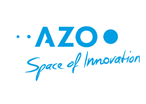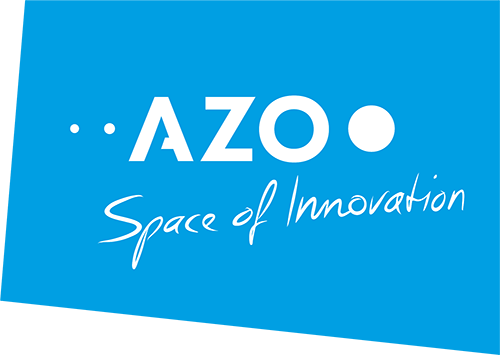Just like in every other process of production and management, the proper management of available assets is crucial to achieve optimal results in growing crops. In the case of farming, the most obvious results are yields, but they are far from the only product. Soil health, long-term plant health, the environmental impact of operations – all these things depend on smart farming, which (at the organisational level) boils down to asset management.
At permanent crop plantations, basic infrastructure and assets are often in place (such as vineyard posts, rows, metal wires, and last but not least, the vines themselves). On this basis, navigation, selective management, and other precision farming activities need to be conducted. This is why Elmibit is laying the groundwork for high-precision management at permanent crop plantations by precisely mapping them out.
Tamara Naydenova (TN) interviews Matic Serc (MS), CEO of Elmibit.
TN: Please give us a sneak peek of your solution and the team behind it.
MS: eVineyard PreMap is a tool for precision mapping of permanent crop plantations. It will enable service providers in viticulture (or growers themselves) to map their plantations for later use in other applications and activities. PreMap will be a module of eVineyard, but it will also be available as a stand-alone tool. We plan to upgrade some of our existing capabilities in the project as well.
The team behind eVineyard PreMap is the company Elmibit, which consists of a mix of engineers, agriculture experts, and commercialisation specialists with several decades of combined experience in our respective areas.
TN: What has been your company’s biggest challenge so far?
MS: There are many challenges for a company operating in the area of digital agriculture. It’s an evolving area that is becoming more and more mature. While we have had to overcome many obstacles – in delivering innovations that are useful on the ground, and then in commercialisation (which might have involved some of our biggest challenges) – we believe that the biggest hurdle we currently face is in standardising our methods as much as we can. This will help make collaborations and customer onboarding as smooth as possible.
TN: What do you expect from ATLAS, and how do you think it will help you develop your business case?
MS: We expect to engage in fruitful collaboration on defining data exchange interfaces in order to make our solution’s results as widely applicable and compatible as possible with other solutions. At the moment, we are focusing a lot on building everything according to the existing standards where possible. Since there is a general lack of strong standards for connecting agricultural services at the application level, however, we believe that being part of ATLAS and defining the interfaces of mapping services may be very beneficial in increasing the usage of our products. There are many strong partners in the ATLAS ecosystem, and we believe that collaboration offers significant advantages to everyone involved.
TN: How and when did the idea for your company’s solution emerge?
MS: It emerged purely from discussions with one of our customers, who wanted to have a solution like it for various reasons. As an FMIS provider, we do allow customers to keep plenty of structured information in our eVineyard software, but for particular applications, we still didn’t have enough mapping precision. We analysed the viability of the idea and quickly started to discover the areas in which such precise maps will add plenty of value.
TN: What were the main reasons why you participated in the ATLAS Open Call?
MS: Since the call was about interconnectivity with other services and we had that listed as one of the focus areas for our further activities, it wasn’t hard to decide to give it a try. We were very eager to start because the topics in which ATLAS was searching for participants were in line with what we do. We were very delighted to find out that we were successful.
TN: Finally, let’s take a quick look into the crystal ball: What’s going to happen with your company in the future?
MS: Our plan is to continue helping our existing and new customers improve their farming operations while at the same time innovating in the space of digital agriculture. That’s basically the path we’ve been following for as long as our company has existed, and we plan to stay on it. Considering the fact that the further we progress, the faster things move – at least that has been the trend over the past months and years – we look forward to growing and innovating even more in the future.
Did you enjoy our interview with this outstanding company? Anyone interested can get in touch with them via www.evineyardapp.com or info@evineyardapp.com. Meanwhile, stay tuned for more upcoming interviews with ATLAS Open Call Winners on our blog!




